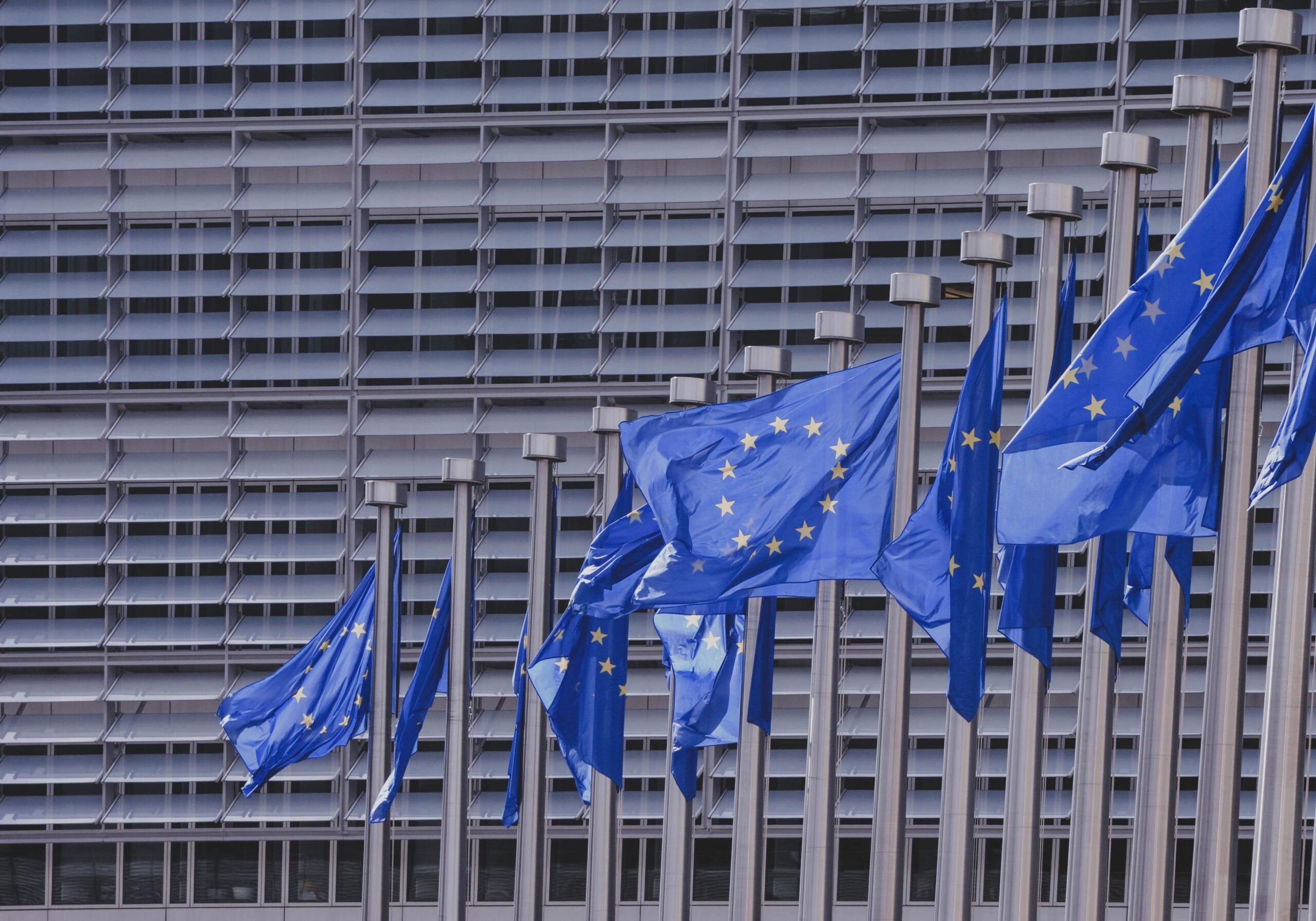The European Union is an international organization

29/01/2021
The European Union seems to be living in an almost permanent institutional crisis. But looking at it through a wider perspective, we are still living in the historical period that the French inaugurated when they refused to ratify the constitutional treaty in 2005. The departure of the United Kingdom and the disintegration of freedom of movement are only specific cases of a general phenomenon: the national contestation to international authorities.
Some observers have pointed out that the political moment of the Union is part of a new era of disintegration, a widespread contestation of international organizations (IOs) that see their legitimacy challenged. Although this is obvious, journalists and columnists continue to systematically ignore the fact that the European Union is – only – an international organization. As such, it also suffers from the effects of this phenomenon in terms similar to other OIs. Not acknowledging this was excusable during the 1990s and until the rejection of the Constitutional Treaty. Back then the commitment of the member states to European integration was exceptional and some countries were queuing up to join the project. After that, the Treaty of Lisbon deepened the decision-making power of the European Parliament. The view that the Union was an entity of an essentially different nature from the rest still had many followers in the years between the ratification of the Treaty and the Brexit referendum.
However, after the debt crisis and while the UK suffers no major recession because of its exit, we need to change this starting premise. Treating the European Union as an international organization helps to clarify that states prioritize their interests in the same way as in other IOs. This is not an oversimplification that ignores decades of research on socialization and bureaucratic entrepreneurship, but a necessary principle for understanding why the European Union has abandoned the search for its own identity and has not produced any successful institutional innovation in the last 10 years.
Consider, for example, the three most important challenges facing the Union at the moment. Brexit, post-Merkel Germany and the vaccine management. The departure of the United Kingdom has been a monumental institutional setback, but the departure of a state is not uncommon in the world of international organizations. Of all the OIs that currently exist, at least fifty of them can be found that have seen their membership reduced at some point. The most comprehensive database on the issue shows that the loss of member states has increased in the last 20 years. The other organizations where this has happened are mostly regional integration processes in Latin America or Africa. While these have not acquired the depth of integration of the European Union, this does not place Brexit in a different conceptual dimension. The reasons states have to abandon other organizations are guided by the same principles of national interest, whether democratic or not, Western or not.
All international organizations, not just the European Union, realize that their political structures are held up by the will of governments and that, if they so decided, their dismantling would be inevitable. In recent years, political scientists have described how all OIs have generated a variety of strategies to improve their public perception, while hoping to improve their legitimacy. The European Union has tried to strengthen connections with the public and with national parliaments, where not only do national sovereignties reside figuratively, but their political elites sit literally. However, most of these initiatives have failed. For example, the Lisbon Treaty created a mechanism to give parliaments direct influence in decision-making. This initiative, which in theory reduces the distance between the voters and the Union, has not achieved the expected result, as each state has used the system in a highly idiosyncratic way. After all, this comes as no surprise considering that in most of Europe, parliamentary majorities obey the government and not the other way around.
While the academy has yet to produce more results on this issue, the poor outcome of these legitimacy measures play an important role in the predicted rise of political parties promoting a withdrawal from international institutions. These parties are not new either (many of them have had MEPs in the European Parliament since the last elections in 2014), but they now occupy a much more central space. The example of Poland may be more representative than that of Hungary because in recent years it has been identified as the leader of integration in Central Europe. This may cause traditional parties to adopt part of their agendas.
At the same time, the end of an era dominated by Angela Merkel can make small states’ governments increase their relative influence. They do not need any institutional innovation to do so. They can use channels that have been present in EU politics for decades. The most important one is what scholars call “differentiated integration”: the situation in which states seek exemptions from closer integration steps, such as the adoption of the Euro. This differentiation began as exceptions to regulatory policies, but quickly spread to central state policies such as security and immigration. These agreements are important because they help resolve situations of paralysis in negotiations, but they can also put excessive pressure on the legal and political foundations of the system. If a post-Merkel German government is perceived as less strong or less committed, these differences may increase.
Finally, the failure of the European Medicines Agency to manage vaccine purchases has led to another institutional scandal. It is a good idea to have an international authority with centralized bargaining power be in charge of the negotiations with big corporations. What has been then the reason for the delays in the contractual process? The German newspaper Süddeutsche Zeitung recently suggested that pressure from France to include Sanofi (a national pharmaceutical company) in the contracts had frozen the talks for weeks. International bureaucracies, such as the European Commission and its agencies, have only the margin of action that governments give them, and in matters of national emergency, that margin is very small.
Looking at all of this, how should the challenges of the European Union be addressed from Catalonia? One option is to reformulate our analysis of the Union and treat it as an international organization. Understanding national interests as states do. For example, we could have tried to influence Brexit, supporting an agreement that does not harm our economic interests, but that generates antagonism between Spain and the United Kingdom. This change of analytical perspective might contribute to a Catalan foreign policy that relates to international organizations the way states do.
Jofre Rocabert is an analyst and Director of Research of the CGI. He is interested in international organizations and regionalism.
The opinions expressed in this publication are those of the authors. They do not purport to reflect the opinions or views of the CGI or its contributors. The designations employed in this publication and the presentation of material therein do not imply the expression of any opinion whatsoever on the part of the CGI concerning the legal status of any country, area or territory or of its authorities, or concerning the delimitation of its frontiers.


